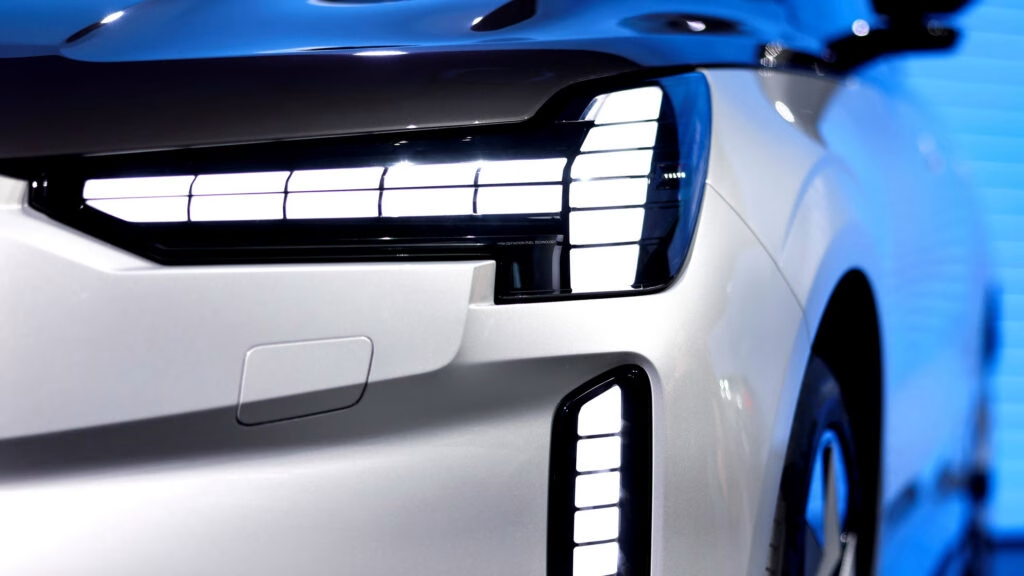Volvo is currently facing a significant setback as it suspends production at its Ridgeville, South Carolina plant. This pause is primarily due to a shortage of unspecified parts for the highly anticipated EX90 SUV. The situation has taken a toll on the company, which is already grappling with sluggish demand for its electric vehicles and the ever-changing landscape of tariffs and trade policies.
What’s Causing the Production Halt?
The Ridgeville facility is responsible for manufacturing the Western-market versions of the EX90. However, the supply chain disruptions echo the challenges automakers faced during the COVID-19 pandemic, particularly the semiconductor chip shortages that forced many manufacturers to halt production or deliver vehicles without certain promised features. Volvo has not disclosed which specific components are in short supply or how long this production hiatus might last. Customers eagerly awaiting their EX90s are advised to stay in touch with their dealers for updates on their orders.
The EX90 has already encountered a rocky road since its inception. Initially slated for a 2023 debut, its launch was pushed to 2024 due to issues with Lidar software. Even after its arrival, the self-driving capabilities tied to this technology were not operational, despite the hardware being installed. Such setbacks can be frustrating for both the company and potential buyers, raising questions about the vehicle’s readiness and reliability.
Job Cuts Amidst Market Challenges
Adding to the woes, Volvo recently announced it would cut 125 jobs at the Ridgeville plant, which employs around 2,500 people. This decision is attributed to the fluctuating trade policies and the slow sales of electric vehicles, a situation that has become a common narrative in the automotive industry. Despite these cuts, Volvo has plans to create 4,000 new jobs in South Carolina in the future. The company has also ceased production of the S90 sedan, which opens up capacity at the plant that could be utilized for the XC60 and the smaller EX30 electric SUV.
The new CEO, Hakan Samuelsson, has expressed concerns that unless a trade agreement is reached between the US and EU to alleviate tariffs, the company may have to stop exporting the EX30 from Belgium to the US. This uncertainty adds another layer of complexity to Volvo’s operations and future plans.
What Does This Mean for Volvo’s Future?
The current challenges facing Volvo highlight the broader issues within the automotive industry, particularly as it transitions to electric vehicles. The combination of supply chain disruptions, shifting market demands, and regulatory hurdles creates a precarious environment for manufacturers. For Volvo, the EX90 represents a critical step in establishing its presence in the electric SUV market, but these setbacks could hinder its momentum.
As consumers become more discerning about their vehicle choices, the pressure is on Volvo to deliver not just innovative technology but also reliability and availability. The company’s ability to navigate these challenges will be crucial in determining its success in the competitive EV landscape.
The big takeaway? Volvo’s current struggles aren’t just about production halts—they reflect the broader complexities of the automotive industry today. For those awaiting the EX90, patience is key, and for Volvo, adaptability will be essential in overcoming these hurdles. Start with one change this week, and you’ll likely spot the difference by month’s end.

